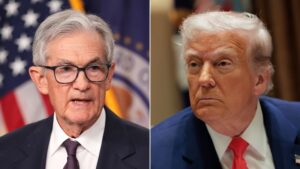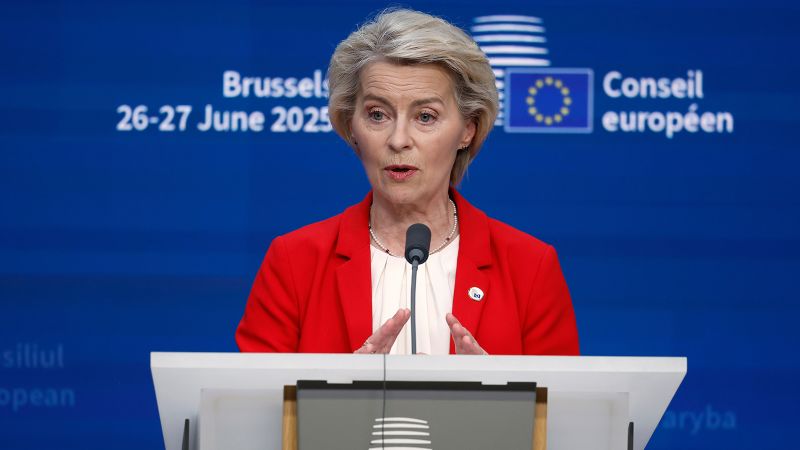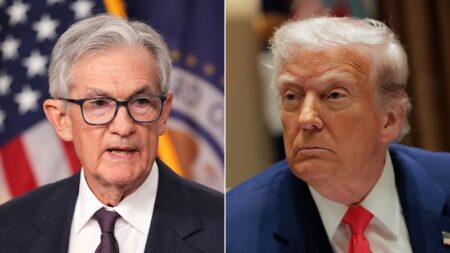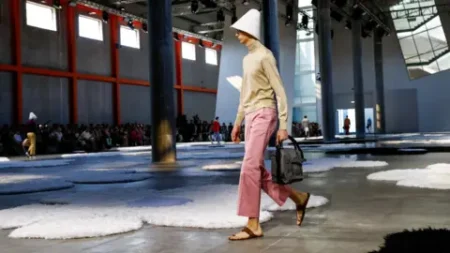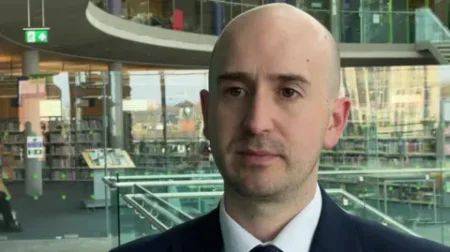During a recent European Council meeting held in Brussels, key leaders of the European Union engaged in significant discussions concerning the potential reformation of the World Trade Organization (WTO). This dialogue comes in light of the ongoing shifts in the global trading landscape, which have been particularly pronounced since the return of former President Donald Trump to power in January, when he reintroduced extensive tariffs affecting numerous trading partners. Notably, German Federal Chancellor Friedrich Merz emphasized the urgency of these discussions, articulating that if the WTO continues to struggle in its operational capabilities, then the EU must “come up with something else.” This statement sets the stage for a deeper exploration of alternatives to the existing trade system.
The WTO plays a pivotal role in mediating trade agreements among its more than 160 member nations, including prominent countries such as the United States, the United Kingdom, Germany, Brazil, South Korea, Japan, Canada, and Mexico. However, under Trump’s administration, the organization faced intense scrutiny, with Trump himself labeling the WTO as a “disaster” for the U.S. back in 2018. His aggressive tariff policies have significantly disrupted global trade relations, igniting a debate among European leaders regarding the future role of the WTO and whether it can adequately address contemporary trade challenges.
As the discussions unfolded on Thursday, European leaders presented various possibilities for establishing new trade agreements that could potentially stabilize and enhance transnational trading efforts. Ursula von der Leyen, the president of the European Commission, remarked on this endeavor, suggesting that it could serve as a foundational moment to rethink and redesign the WTO. She emphasized the need for thoughtful reforms to ensure that the organization does not repeat past mistakes, signaling a desire for a forward-looking approach to international trade governance.
An illustrative example mentioned in the conversations is the Comprehensive and Progressive Agreement for Trans-Pacific Partnership (CPTPP), which encompasses several Asian economies. This pact could serve as a model for how European nations might structure their own trade agreements moving forward. Merz further elaborated on the concept of creating “a new form of trade organization” aimed at gradually replacing elements of the WTO that no longer function effectively, suggesting a proactive step towards establishing a new framework for international economic cooperation.
Merz’s contemplation on the creation of this alternative trade framework reflects a growing concern that simply trying to restore or reform the WTO might not suffice in the face of evolving geopolitical dynamics and shifting trade paradigms. He described the foundational idea as “rudimentary,” indicating that while the concept is still in its early stages, it highlights a pressing need for innovation in the way countries engage in trade on the global stage.
As discussions continue, the focus for EU leaders appears to be on how they can collectively navigate the complexities of international trade in an increasingly uncertain environment. The recognition that the WTO may not adequately serve its intended purpose in today’s context has prompted a significant reevaluation among Europe’s policymakers. Ultimately, the outcomes of these discussions could define the future of global trade relations, determining how effectively countries can collaborate in an era marked by rapid change and evolving economic interests.
In conclusion, the conversations taking place within the European Union are crucial not only for Europe but also for the international community as a whole. As leaders grapple with the challenges posed by outdated structures and aggressive national policies, the potential rethinking of the WTO could mark a watershed moment in global trade history, influencing economic partnerships and agreements for years to come.



